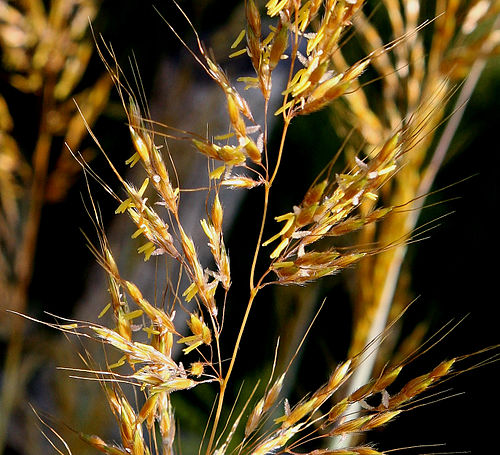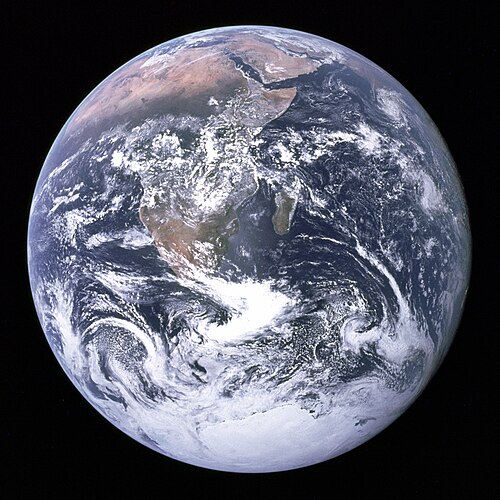Ecologynoun
(biology) The branch of biology dealing with the relationships of organisms with their environment and with each other.
Ecologynoun
the branch of biology concerned with the various relations of animals and plants to one another and to their surrounding environment.
Ecologynoun
the environment as it relates to living organisms;
Ecologynoun
the branch of biology concerned with the relations between organisms and their environment
Ecology
Ecology (from Greek: οἶκος, and -λογία, ) is the study of the relationships between living organisms, including humans, and their physical environment [1], [2]. Ecology considers organisms at the individual, population, community, ecosystems, and biosphere level.
Environmentalismnoun
A theory that views environment, rather than heredity or culture, as the important factor in the development of an individual or group.
Environmentalismnoun
(politics) A political and social ideology that seeks to prevent the environment from degradation by human activity.
Environmentalismnoun
the philosophical doctrine that environment is more important than heredity in determining intellectual growth
Environmentalismnoun
the activity of protecting the environemnt from pollution or destruction
Environmentalism
Environmentalism or environmental rights is a broad philosophy, ideology, and social movement regarding concerns for environmental protection and improvement of the health of the environment, particularly as the measure for this health seeks to incorporate the impact of changes to the environment on humans, animals, plants and non-living matter. While environmentalism focuses more on the environmental and nature-related aspects of green ideology and politics, ecology combines the ideology of social ecology and environmentalism.






























